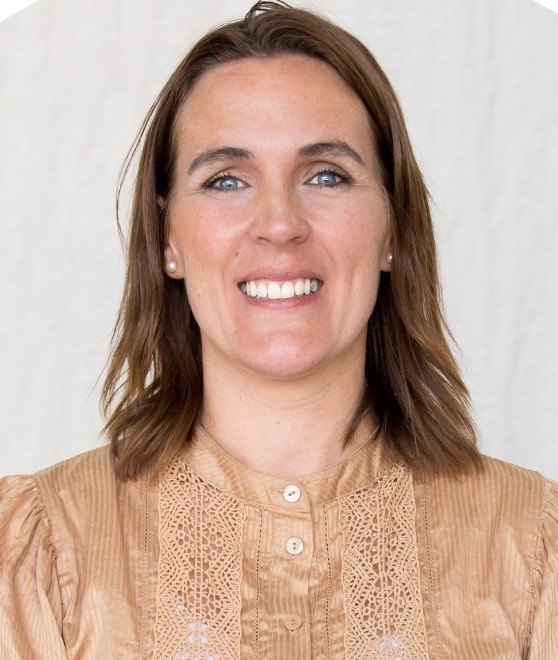Previously a trainer and driver, Stephanie Walton is a recent addition to Harness Racing Victoria's integrity team, having stepping into the position of animal welfare investigative steward.
In this Integrity Matters Q&A she shares her background and passion for harness racng.
 Tell us about your background?
Tell us about your background?
I have been exposed to the harness racing industry from a young age, with my father and grandfather being hobbyist trainers throughout my youth. From that time, I’ve always had a passion for horses and have been active in several horse sports throughout the years.
Professionally, I have a background in case management, parole assessment and prosecution of offenders in the community working for the Department of Justice in Victoria and Western Australia.
Upon relocating back to Victoria, I was lucky enough to land a role working alongside the wonderful Jenni Lewis at Gippsland Harness training Centre and the team at Community College Gippsland in a position that combined my experience in framework service delivery and love of harness racing horses.
After a few years of delivering education to students at the centre and with the support of my father I felt prepared enough to gain my Harness Racing Victoria Grade B trainer licence and Grade C driver licence and took on training three young trotters before transitioning to this role.
Tell us more about your role that you held at the Gippsland Harness Training Centre and the critical work training centres and education has in the harness racing industry?
The Gippsland Harness Training Centre is responsible for the implementation of nationally accredited training to adults and youth in the equine racing field.
My role as trainer support and compliance officer was to offer support to the head trainer by way of assisting in the daily operations of an active racing stable, assist with delivery of course content, sharing experiences and knowledge with students and maintaining a safe operating stable.
In the later years, I was responsible for assisting in development of course content and resources, in addition to supporting the registration compliance requirements for Community College Gippsland.
My favourite thing about the role was the blended opportunity to work hands on with horses whilst developing and delivering meaningful course content for current and future students. I won’t miss the cold mornings at the Warragul track.
The Gippsland Harness Training Centre plays a critical role in supporting the industry, by providing quality training based on proven experience and best practices.
The centre is run with a high level of focus on animal welfare and personal growth of ethics and integrity.
The national accreditation of the qualifications on offer mean that students receive structured training with multiple layers of quality assurance.
By providing such high-end training, the industry benefits from the provision of qualified, knowledgeable students entering the workforce.
Additionally, the school offers an entry level pathway that encourages students with a generalised interest in horses to identify and pursue real life career goals within the industry.
What is your current role at HRV?
I am a recent addition to the role of Animal Welfare Investigative Steward; a role that is responsible for contributing to the oversight, investigation and continued improvement of equine welfare standards within the industry.
HRV’s three-year strategic plan TROTS24 places significant investment in the drive to apply improved equine practices and increase community confidence around industry impact. I look forward to contributing towards a better future for our horses and advocating for our industry.
What have been the challenges (if any) being a former industry participant and also adapting to the new role?
The main challenge to date has been managing my personal transition in relinquishing hands-on training with horses.
Whilst I was fully aware of the need to surrender my trainer and driver licence in order to fulfil role requirements as a steward, the change of lifestyle has been significant and one I am continuing to adjust to.
Other than that, the benefits of being a former industry participant has assisted me in transitioning well into the role, as I can draw on relatable experiences and understand best practice procedures around stable management and horse training when assessing welfare issues.
What does integrity mean to you?
Because our industry reputation and equine welfare relies so much on participant integrity, I feel that understanding and appreciation of integrity is a really important factor for all involved.
For me, put simply, the demonstration of good integrity is about doing the right thing, even when no one is watching, and upholding goals for the common good.
More thoughtfully, integrity could be viewed as a fluid concept, meaning that a person may demonstrate improved integrity when they have developed knowledge, experience or understanding of the concept.
As Maya Angelou said: “Do the best you can until you know better. Then when you know better, do better”.
